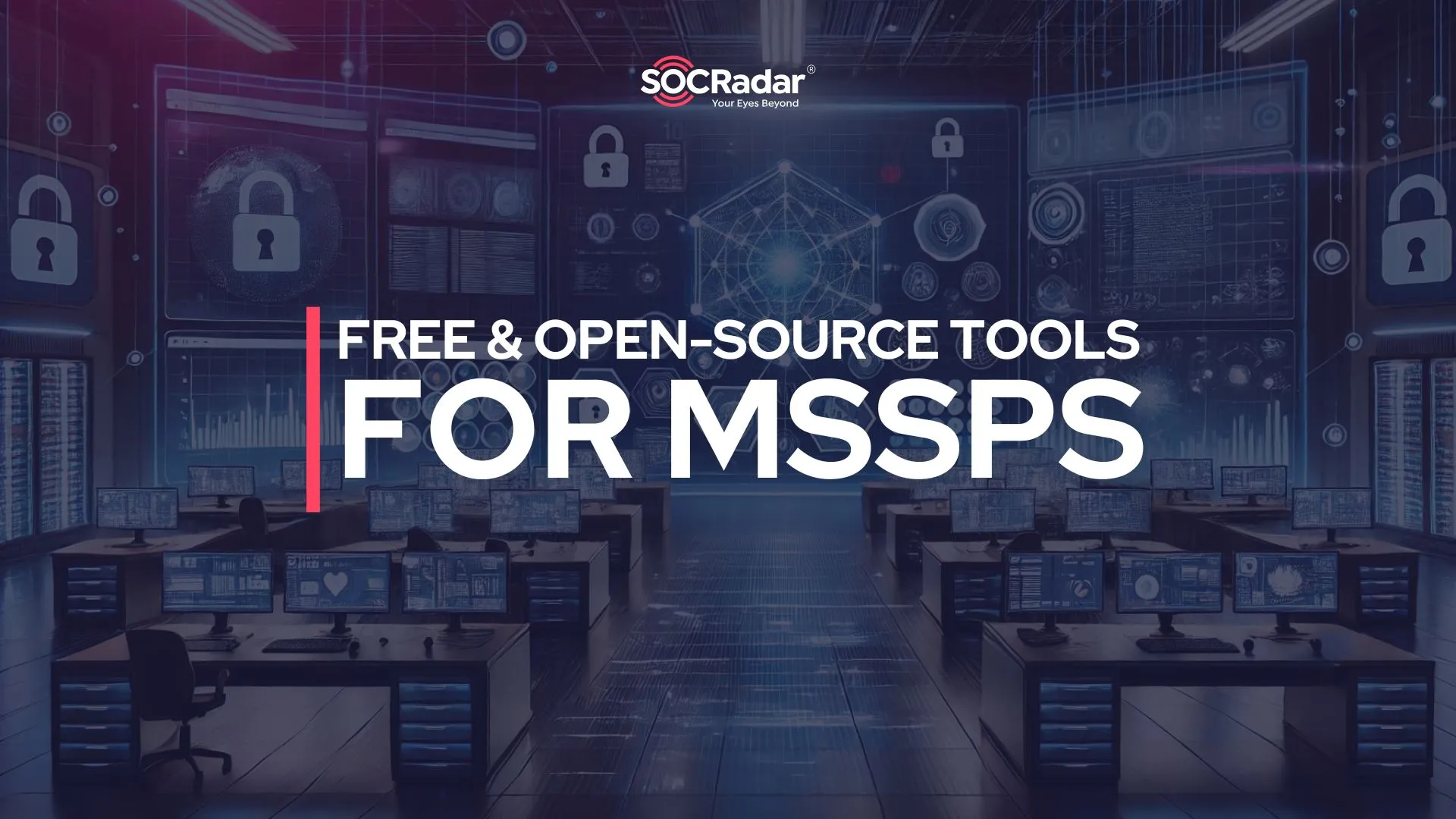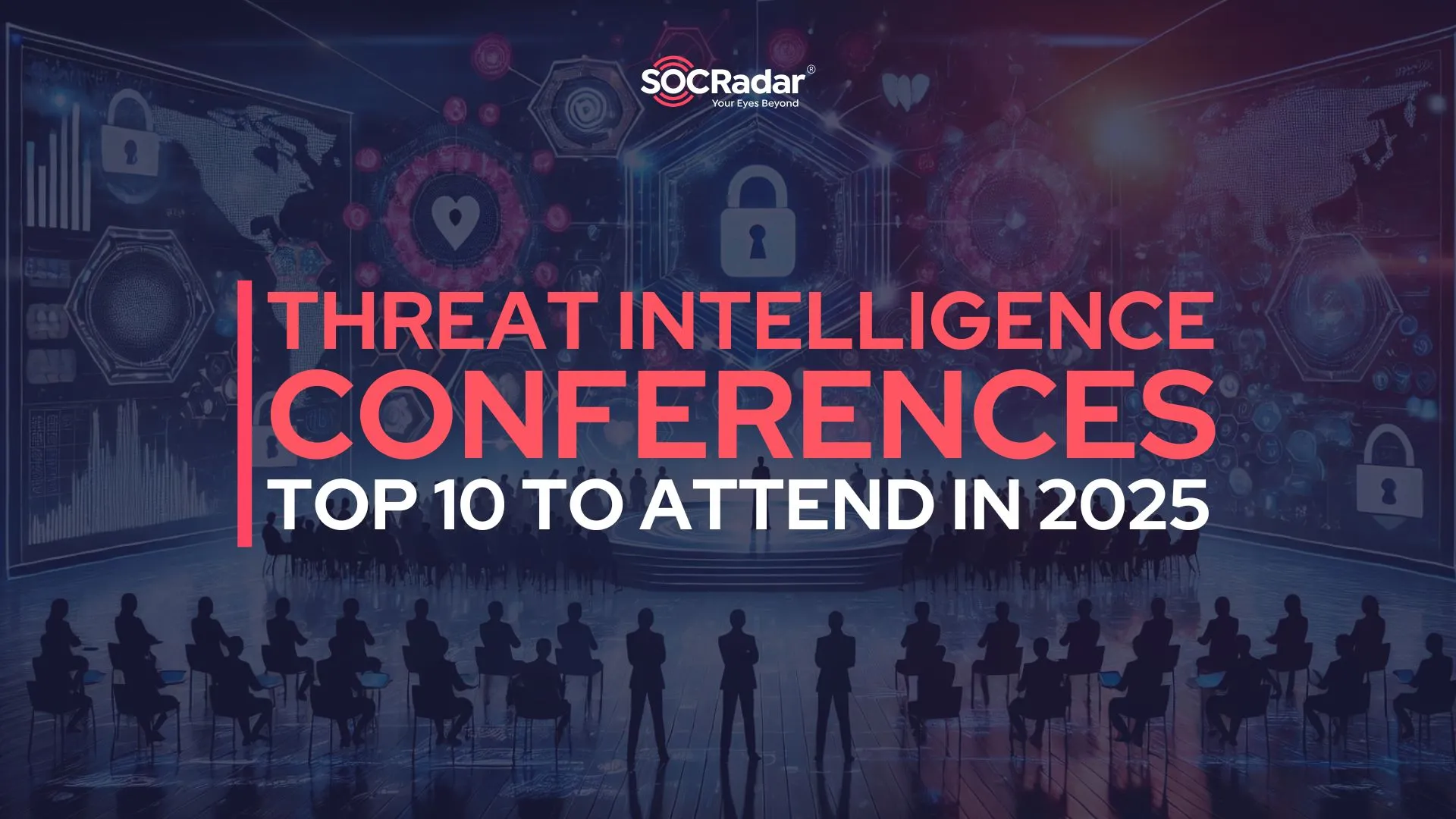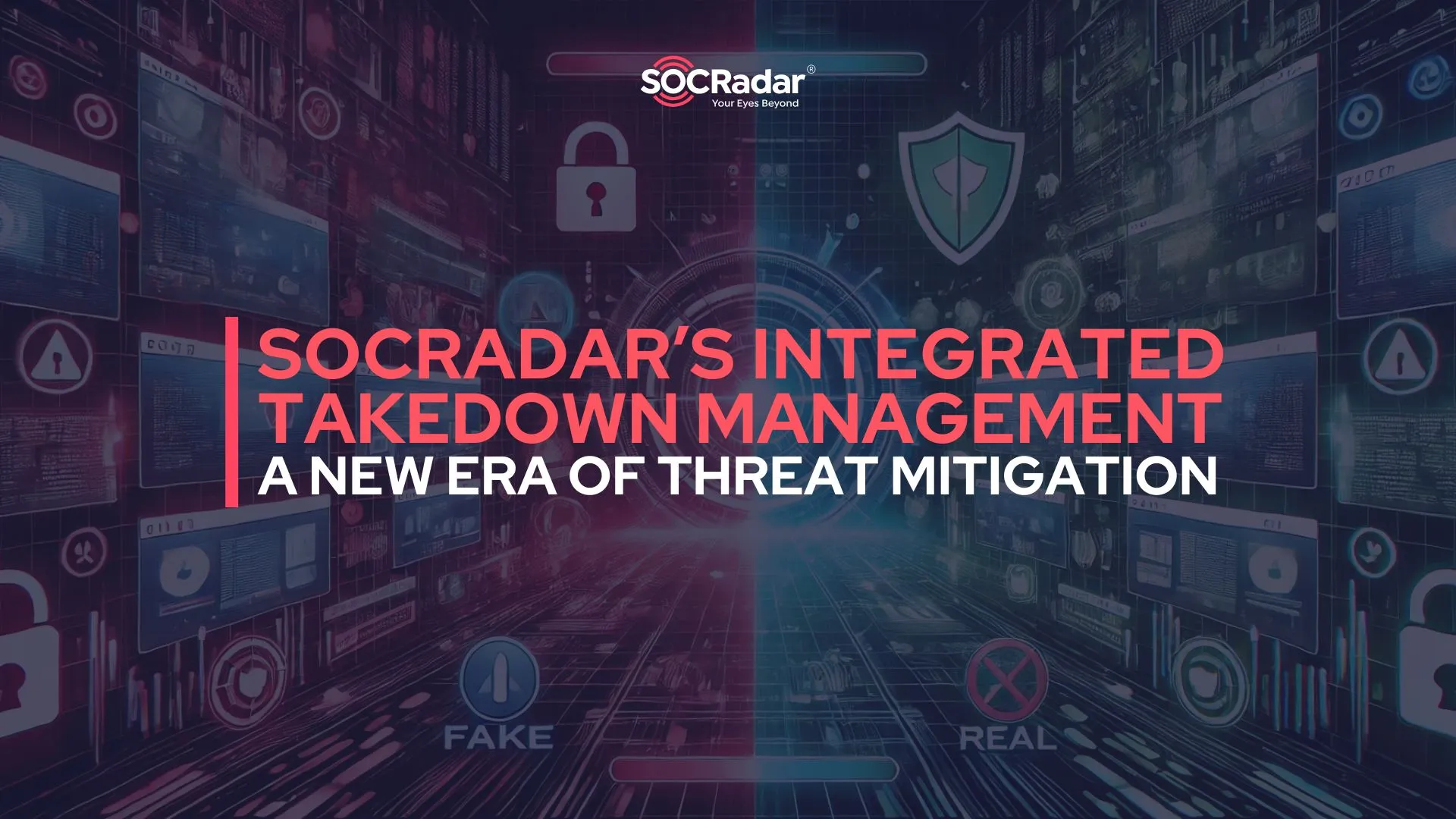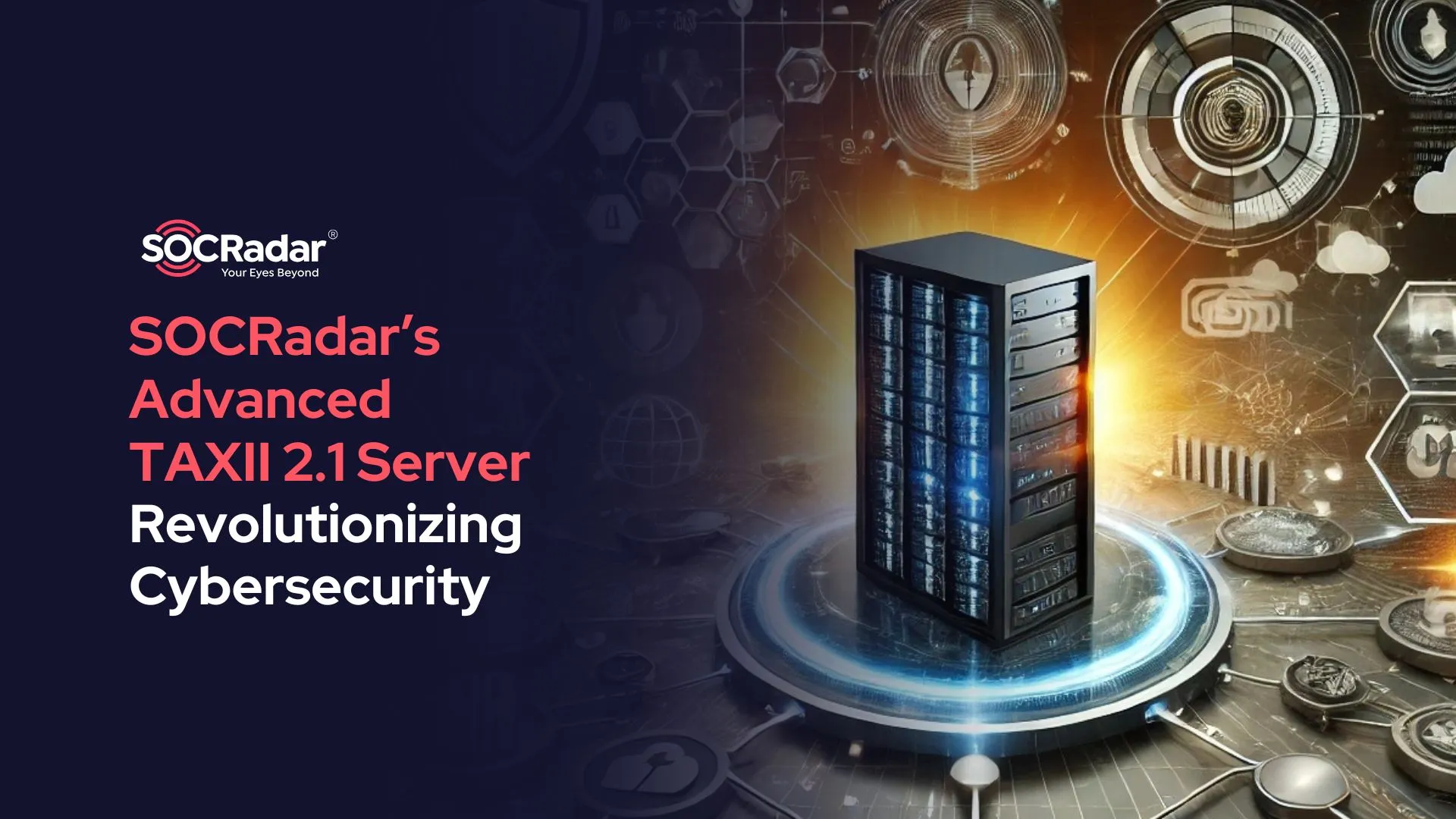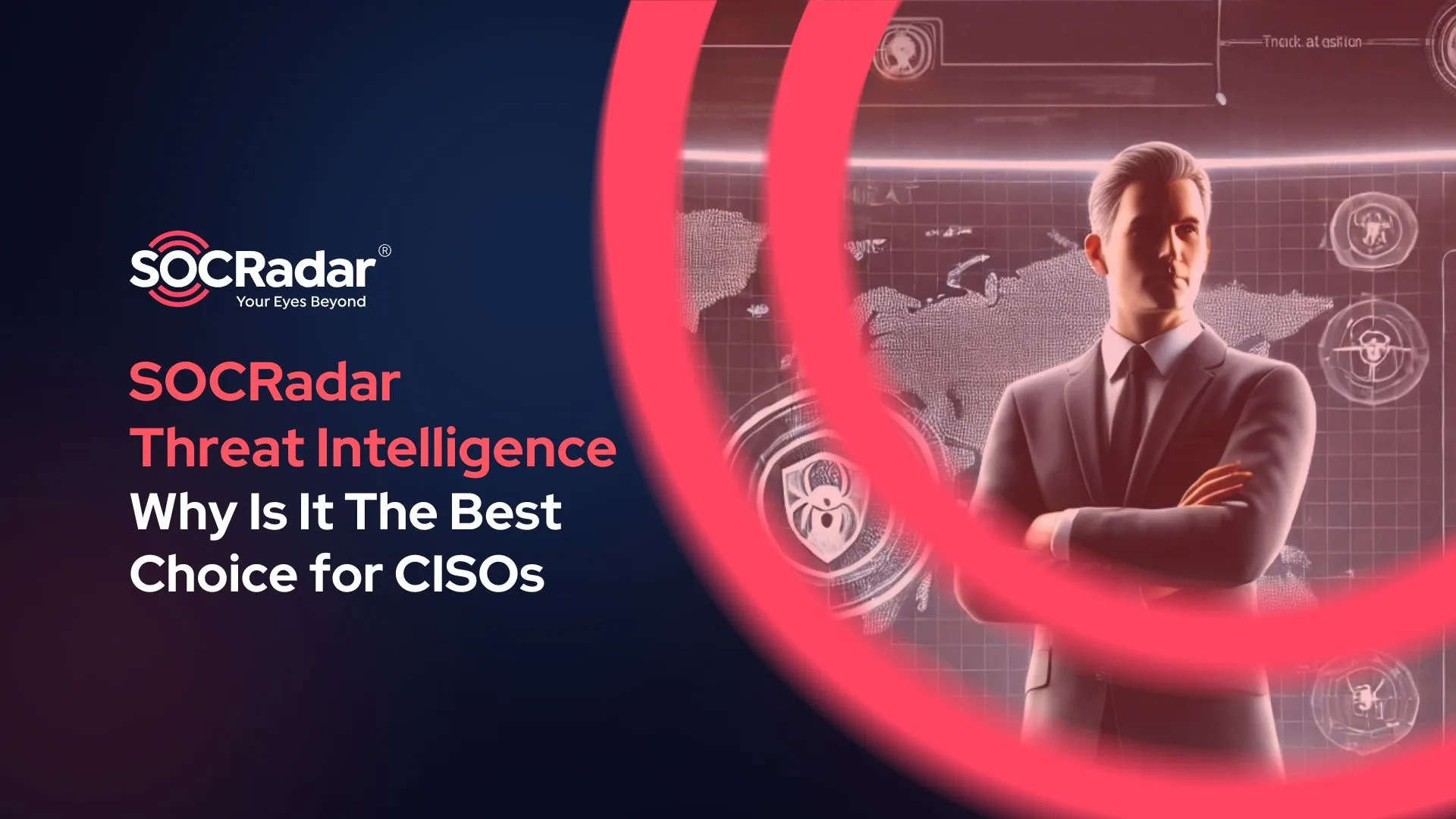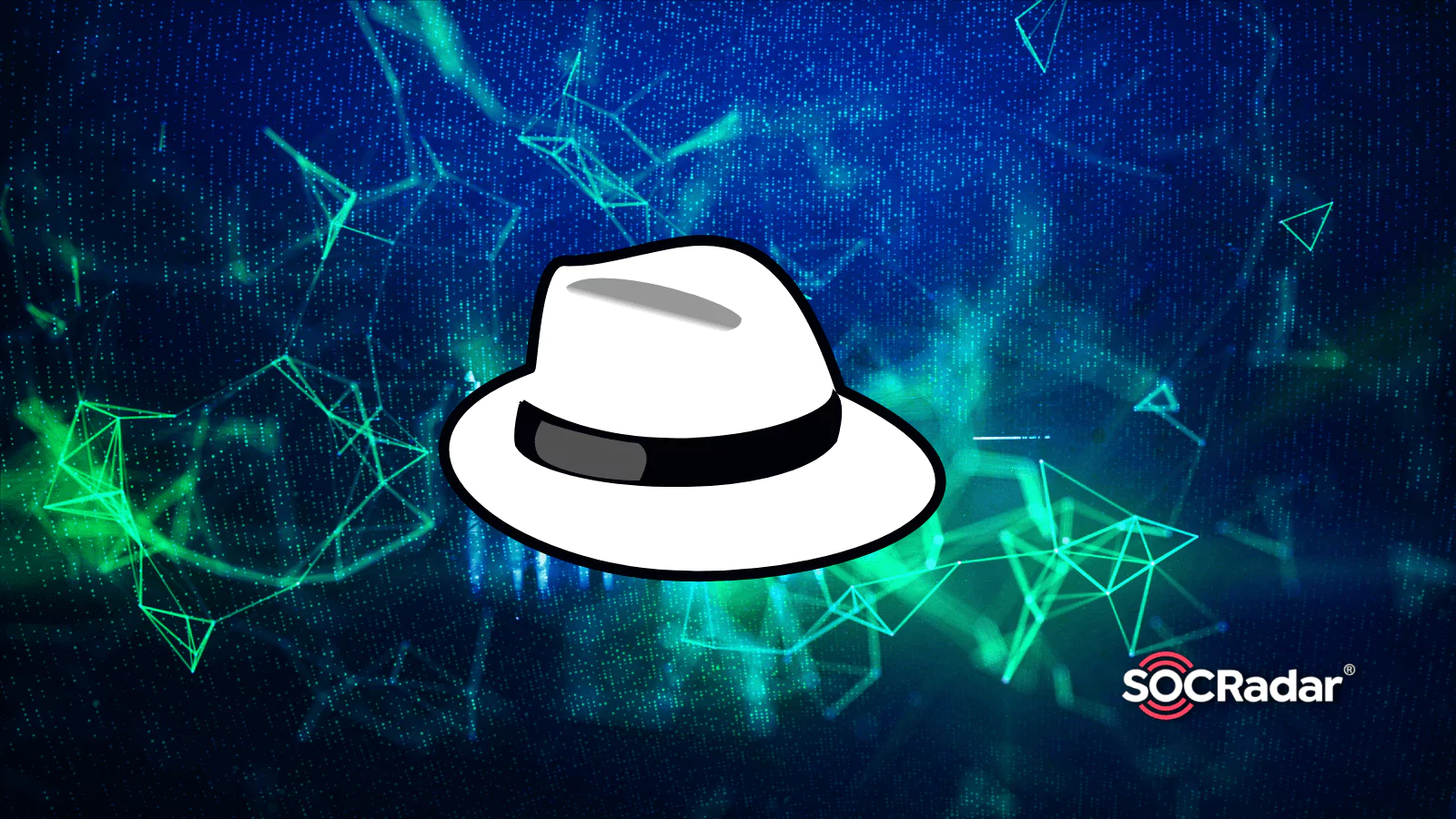
Behind the Experts’ Perspective: Ethical Issues Behind Cybersecurity
Since the beginning of internet history, hackers have sought to exploit it for various purposes, ranging from pranks to theft and espionage.
As a result, cybersecurity approaches and solutions have become increasingly sophisticated and comprehensive over time. As networked technologies grow more enmeshed in the fabric of professional life, this figurative arms race shows no indications of abating.
Some of the approaches used to safeguard organizational data — anything from customer and employee information to financial records and product specifications — can raise ethical concerns within the business world.
Moral values — which guide an individual’s conduct — are a crucial component of any effective cybersecurity defensive approach. Without defined ethical norms and guidelines, cybersecurity experts resemble the black-hat thieves from whom they attempt to defend systems and data.
The study of cybersecurity ethics, which encompasses a diverse range of approaches and schools of thought, does not provide a straightforward resolution to the numerous complex ethical dilemmas that IT professionals, chief information security officers (CISOs), and organizations face daily.
What Does Ethics Have to Do with Cybersecurity?

Each year, the cybersecurity environment changes. As a developing, immature business, corporations are scrambling to fill the rising void of securing employment in a severe shortage of trained graduates.
In this frantic environment, we prioritize building employees’ cybersecurity expertise and ability and immediately deploying them to the front lines. We often overlook the possibility of recruits abusing these skills on the job or in the wild in our haste. Individuals must default to their moral compass without context about cybersecurity ethics. This often results in sound judgments as well as errors.
How can management instill the most important ethical and intrinsic principles in cybersecurity? If your business has not already done so, you should seriously consider creating an ethical practice policy, guidelines, and code of conduct for your information technology and security team.
This policy should be reviewed regularly in light of relevant industry norms and best practices. After developing a concise approach, ensure that you include your staff in the ethical discussion by providing training and assistance.
Even the most ethical and technically proficient cybersecurity teams cannot thwart the most determined attackers. As a result, it is prudent to plan extensively for cybersecurity problems. This needs a well-prepared incident response plan that describes the technical facts, provides practical guidance for the executive and legal teams, and addresses any critical ethical concerns.
What are the Critical Ethical Issues in Cybersecurity?
Cyber security experts must conduct responsibly and demonstrate to their bosses that they deserve to supervise critical information via their behavior. This is not as straightforward due to the aforementioned regulatory vacuum. Human resources personnel screening candidates for cybersecurity positions will not have a clear resume requirement — such as a generally recognized certification or accreditation — to consider.
As a result, as an IT specialist, you may be asked to assist your organization’s human resources department in vetting new workers. That implies you must be ethical in cybersecurity so that new workers adopt ethical behaviors immediately.
Confidentiality
This is a critical ethical problem in the field of cybersecurity. Due to the nature of their business, security specialists handle and see private, sensitive, or proprietary information that must be kept entirely secret.
These professionals are confronted with an ethical problem over whether or not to share any juicy gossip discovered while doing a virus check on a person’s hard disk (Future of Tech, n.d).
Employee ethical norms encourage specialists to maintain the confidentiality of any information they come upon. Thus, disclosing any info would be immoral conduct with significant ramifications for their career.
Among these effects are the experts’ careers being ruined, receiving threats from exposed employees, and their personal lives being destroyed in some instances. To be prudent, cybersecurity experts should adhere to the “butler’s credo,” according to which the butler never tells.
Security
This is the second ethical problem that seems ridiculously repetitious, although it is not comparable to confidentiality because privacy is explained below.
If we are accountable for following acceptable cybersecurity practices in our daily lives, the security obligation of a cybersecurity specialist is 100 times our responsibility (Future of Tech, n.d). Individuals who leave their laptops unattended or disregard a scheduled update see it as a minor inconvenience in most circumstances.
However, this is not the case for a cybersecurity specialist since it may constitute an ethical breach. Leaving their gadgets unattended is considered immoral since it violates their company’s standards by spending time outside their designated work areas.
Additionally, leaving computers unattended jeopardizes the company’s data and information security. There is no one to monitor what is going on on their websites, such as unlawful access to their databases. A cybersecurity specialist is ethically obligated to ensure the security of data, devices, and networks; hence, any act that compromises the security of any of these three is unethical.
Confronting the Dilemma
There is a need to balance people’s need for security and their desire for privacy protection. As a result, we must ascertain an organization’s degree of ethical responsibility for safeguarding individuals’ information and privacy and hold them responsible (Future of Tech, n.d).
To do this, we must first respect secrecy as a worthwhile aim in and of itself; the notion that persons have an inherent right to privacy originates from the ethical concept of intrinsic dignity and worth.
In conclusion, people with dignity have an entitlement to privacy, both online and offline, and acting otherwise violates the most deeply held ethical principles. As a cybersecurity expert, I am obligated to act ethically by maintaining the confidentiality of the company’s customers’ personal information.
Discover SOCRadar® Free Edition
With SOCRadar® Free Edition, you’ll be able to:
- Discover your unknown hacker-exposed assets
- Check if your IP addresses tagged as malicious
- Monitor your domain name on hacked websites and phishing databases
- Get notified when a critical zero-day vulnerability is disclosed
Free for 12 months for 1 corporate domain and 100 auto-discovered digital assets.
Get free access.




























